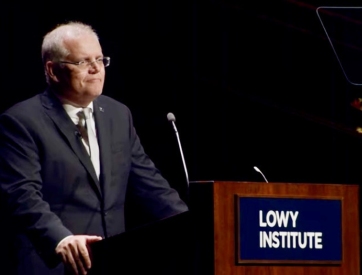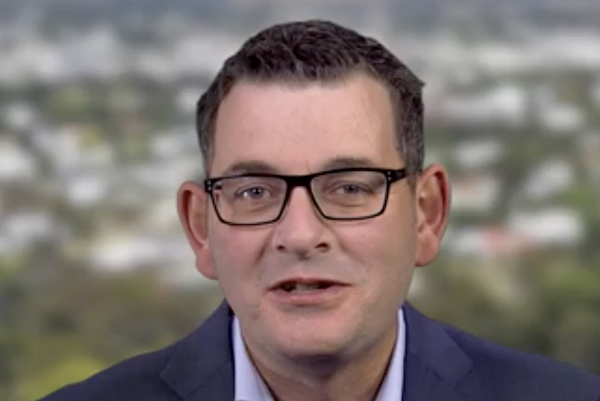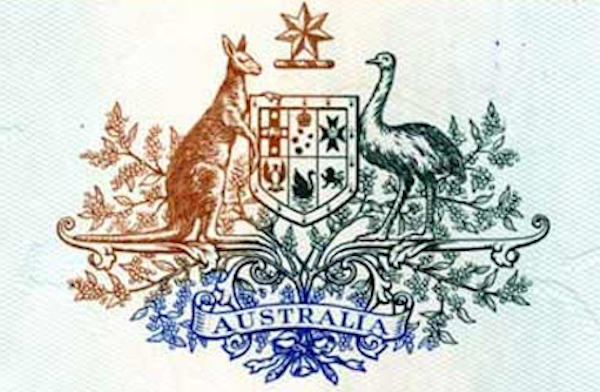In the shadow of the pandemic, recent ongoing Morrison Government scandals may provide Anthony Albanese with the necessary ammunition to carry Labor's current lead to an electoral victory, writes Tarric Brooker.
WHEN news of the alleged rape of former Liberal staffer Brittany Higgins first broke, almost everyone who was paying attention was abhorred at what had allegedly gone on in what should be the safest building in the nation.
But as the weeks passed and Prime Minister Scott Morrison’s approval rating remained near record highs, despite the repeated failures of the Morrison Government to adequately deal with the alleged rape, it became clear something may be amiss.
Even after yet another series of scandals and a botched vaccine rollout, the Prime Minister’s approval rating still remains within striking distance of record highs.
One potential explanation is that much of the electorate is disconnected from politics and this certainly appears to be the case. It is concerning if this is generally representative of the broader electorate that so many are disengaged from our democracy. But for Opposition Leader Anthony Albanese, it also presents a major problem and a significant hurdle Labor must clear in order to win government.
In decades gone by, it’s arguably likely that the Morrison Government’s lies, corruption allegations and scandals would have dealt them far more political damage and claimed more ministerial scalps.
In reality, Prime Minister Scott Morrison has a 57% approval rating according to Essential, a long list of scandal-hit ministers hold places in the Morrison Cabinet and the Coalition is just four points behind in the polls.
With the next election campaign likely to take place amid the shadow of the pandemic, it presents a unique series of challenges, not only for Labor but also for the Coalition.
Given the electorate’s heavy focus on household budgets and their own lives as the nation continues its recovery from the coronavirus, Albanese will have his work cut out for him as the public finally tunes in to federal politics for the main event.
In just a few weeks, he will need to get a disengaged electorate up to speed on the Morrison Government’s various antics since the 2019 Election. While seemingly a relatively simple task on paper, he will have to do so without sounding like a broken record, pointing out the Government’s long list of mistakes.
There really is no playbook or guide to this challenge. The electorate has arguably never been this disengaged from federal politics and no government has screwed up this consistently, and not found itself widely condemned by the electorate.
Early votes and postal votes are likely to play a key role in deciding the outcome on Election Day, making where the two party’s stand in the polls when voting opens more important than ever.
According to figures from ABC election analyst Antony Green, in the recent Western Australia state election 44% of voters voted prior to Election Day. With 34.1% of voters voting via pre-poll and 9.9% voting via postal votes which were received prior to Election Day.
If Labor can carry its current 52–48 lead in the two-party preferred polls until the election campaign begins, these early votes could provide Opposition Leader Anthony Albanese with a significant advantage if the polls are correct.
Not too long ago some of the nation’s political commentators were writing off Labor’s chances and claims of “electoral invincibility” were coming from the Prime Minister’s offices.
But with early voting almost certainly to play a major role in the upcoming election and deteriorating polling for the Coalition in Western Australia, South Australia and Queensland, the outcome is arguably far more uncertain than some media commentary would suggest.
While Albanese’s time as Opposition Leader may not have lived up to his firebrand progressive reputation won over two decades in Parliament, Prime Minister Scott Morrison is losing ground.
Albanese faces a major challenge in attempting to connect with a disengaged electorate when the Governor-General finally dissolves Parliament, but the potential exists within him to rise to the occasion.
If the Labor Leader can craft a strong message of competence and accountability under a Labor government, while simultaneously pointing out where the Morrison Government has and continues to fall down, a Labor victory may be more likely than many believe.
After all, on election night 2019, there was a near-universal consensus we would wake up to a Shorten Government on Sunday morning. Now, with an election taking place in the shadow of the pandemic and with the ongoing rape scandals, followed by sex scandals, the slow vaccine rollout, and with early voting a potentially decisive factor, perhaps the pundits will be wrong yet again.
Tarric Brooker is an IA columnist, freelance journalist and political commentator. You can follow Tarric on Twitter @AvidCommentator.
Related Articles
- A tale of two footballers: The contrast of Goodes and Folau
- What’s left? Anthony Albanese and the redbaiting of Jim Casey
- Gee's concessional
- Pyne tainted by Obeid
- What really goes on in Tony Abbott's mind?
 This work is licensed under a Creative Commons Attribution-NonCommercial-NoDerivs 3.0 Australia License
This work is licensed under a Creative Commons Attribution-NonCommercial-NoDerivs 3.0 Australia License
Support independent journalism Subscribe to IA.














